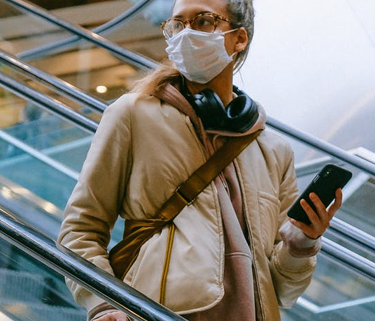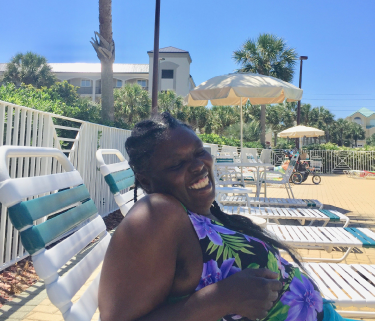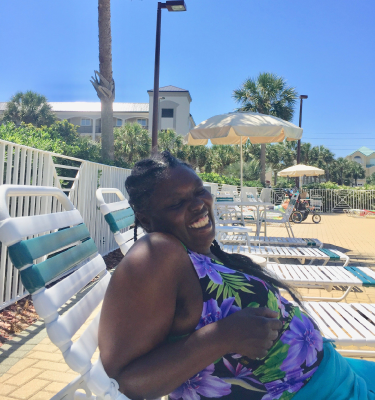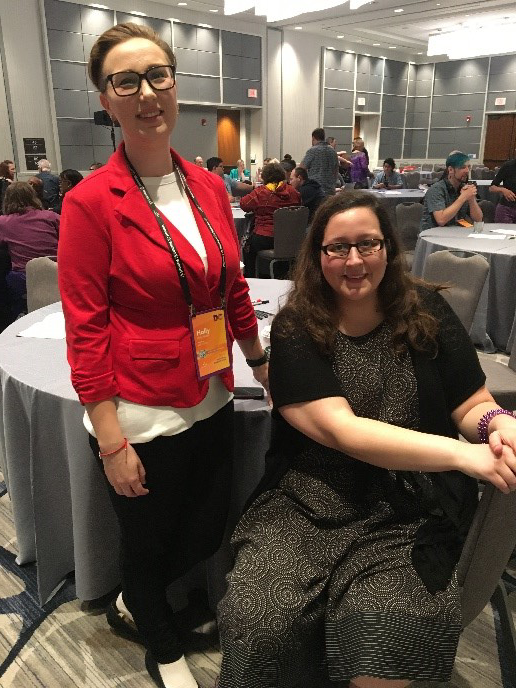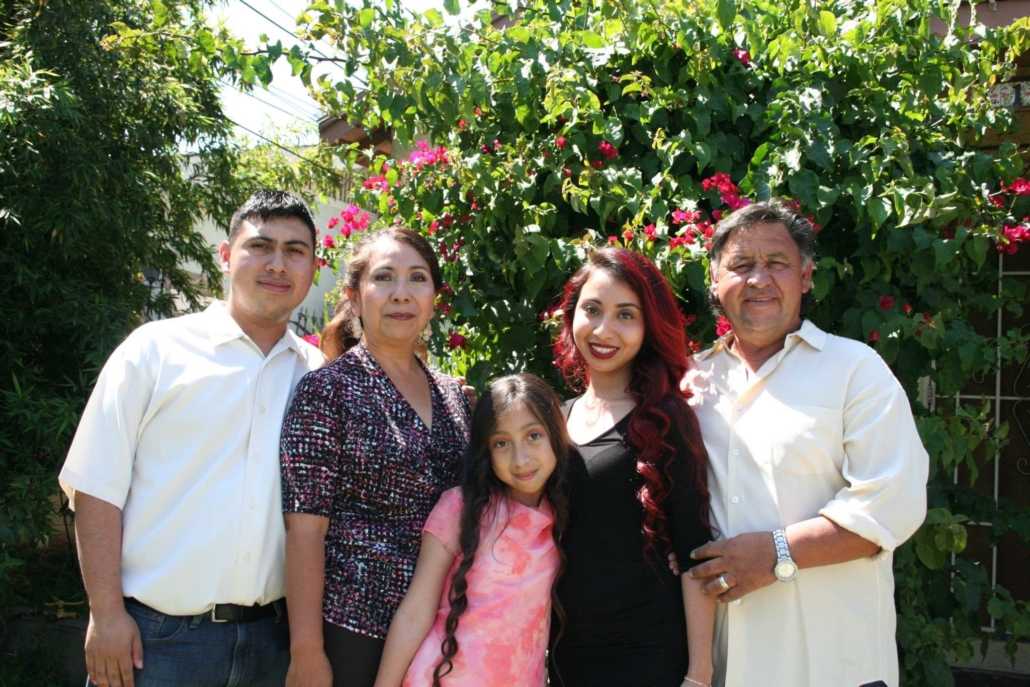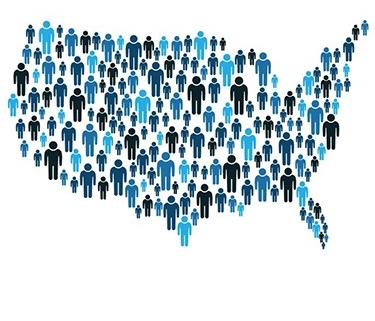Sibling Perspectives: Helping My Sibling With a Disability Navigate COVID-19
The COVID-19 pandemic continues to leave us all navigating a very uncertain and disruptive moment in our world. However, the pandemic has presented uniquely challenging experiences for people with intellectual and/or developmental disabilities (IDD) and their family caregivers.
Caitie Jones and Cameron Kell are members of The Arc’s National Sibling Council and share how they each have been able to support their sibling navigate this unprecedented crisis.
Caitie Jones’ brother Chris is 31 years old and lives in a group home in Alaska.

Chris has severe sleep apnea, which puts him in the high-risk population. Caitie has been unable to visit Chris—and the lack of communication from his service provider brought a lot of fear and anxiety about his health. Although Caitie was able to rely on regular updates from Chris himself, she and her family remained anxious about the level of safety precautions and the health statuses of residents and staff at the group home.
To better support Chris, Caitie requested a meeting with leadership at the group home to address challenges with the lack of communications. Caitie and her family now receive weekly updates from the group home and continue to stay in touch with Chris by leaving him gifts and activities so he can stay active safely. Caitie is also a resource to the group home staff by sending them information about activities they can do to keep residents active while practicing social distancing. Caitie also notes that it’s been important for her to stay informed about legislation related to COVID-19 and advocating for the inclusion of provisions that will support people with IDD, caregivers, and disability support professionals.
Cameron Kell’s brother Nathan is 29 years old and lives in an apartment on his own in St. Louis.
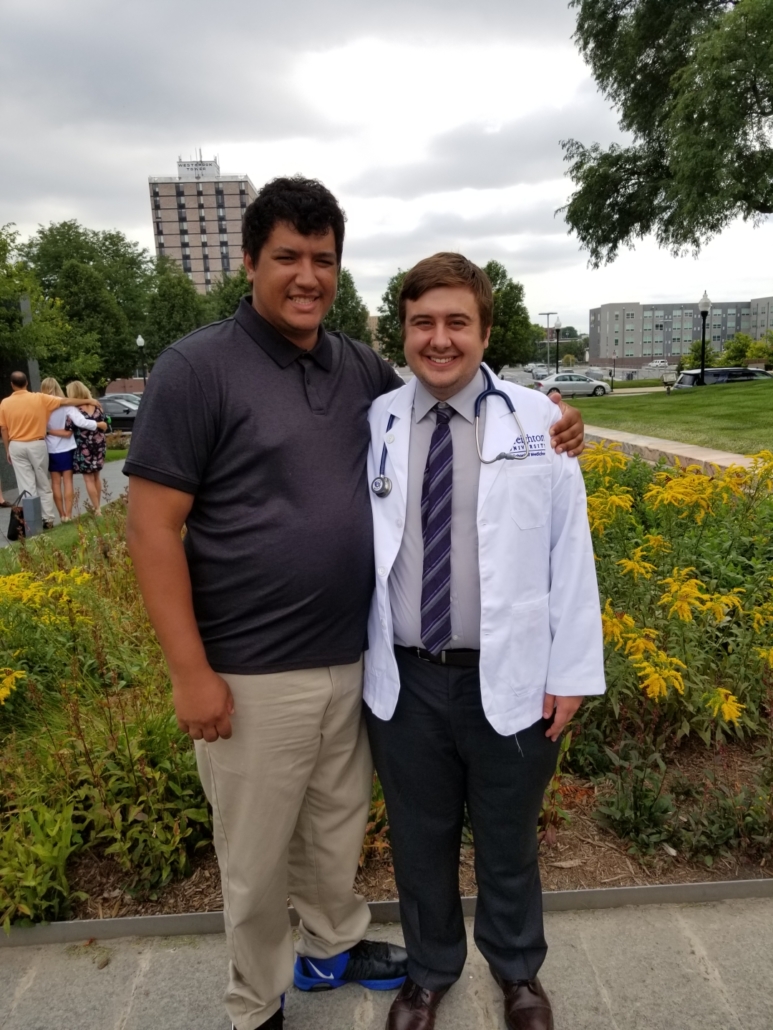
Nathan works at a concession stand at the National Museum of Transportation and attends the local community college. After living on his own for nearly eight years, the pandemic has meant a life of less independence for Nathan. He was furloughed from his job at the museum and the support workers that typically helped Nathan at his apartment have not been available. Although Nathan can spend time with his family at the current family home, he feels stuck and as Cameron notes, “(Nathan) just wants to be at his own apartment.”
To better support Nathan, Cameron has been mindful about communicating with Nathan on a regular basis. Cameron sets aside time to talk to Nathan about the stress of the pandemic and to help him understand why there has been a dramatic shift in his daily routine. Since Cameron is a medical student at Creighton University, Nathan also looks to his brother as a resource about the importance of social distancing and hand washing. Cameron wants to make sure Nathan understands without scaring him and providing assurance that everything will be ok.
Visit thearc.org/covid to view COVID-19 information for people with disabilities, families, and service providers.


